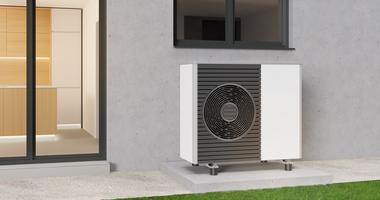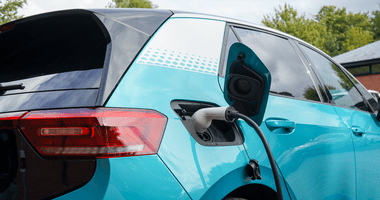
Make Your Home or Work Energy Efficient
Energy efficiency comes down to a simple principle: The less energy you use in your home or workplace, the less you spend each month on energy bills.
But where to begin?
Learn More
Learn how choosing clean energy and electric alternatives to fossil fuels in our homes and vehicles can help you cut climate-changing carbon pollution in a big way from UC Santa Barbara Professor Leah Stokes, one of the authors of the Inflation Reduction Act.
Learn how you can use IRA tax credits and potential rebates to save money and energy through a range of efficiency measures.
Summary of IRA Tax Credits for Households
All the most popular IRA tax credits for households to help you bring clean energy home. All in one place.
See Your Potential Savings
Which incentives could you qualify for? Our friends at Rewiring America have a calculator to help you find out.
Next Steps
If you are interested in having a home energy audit to begin on your electrification journey, there are a few things you can do to get started. First, you can contact your local utility company – many utility companies offer low-cost home energy audits to their customers. You can also search for a certified home energy auditor in your area through the Residential Energy Services Network (RESNET), which has a directory of certified home energy auditors.
Further Reading
Check out frequently asked questions about the Residential Energy Efficiency Tax Credit and Electrification Rebates with these fact sheets from Rewiring America.
Learn how to save on electric vehicles, solar panels, sustainable home improvements, and more via tax credits and rebates from NRDC.
Discover how to make your home more energy efficient while taking advantage of Inflation Reduction Act tax incentives in this interactive guide from the Washington Post.




